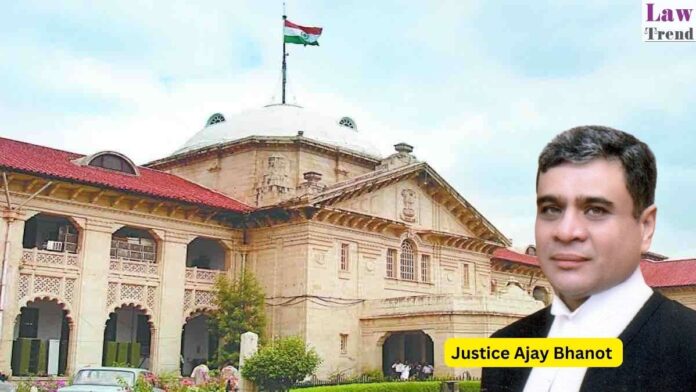In a recent ruling, the Allahabad High Court has directed the Uttar Pradesh government to create a structured mechanism for the welfare and grievance redressal of families of serving Armed Forces personnel and martyrs. The decision came in response to a petition filed by Sheetal Chaudhary, an assistant teacher and the wife of a serving
To Read More Please Subscribe to VIP Membership for Unlimited Access to All the Articles, Download Available Copies of Judgments/Order, Acess to Central/State Bare Acts, Advertisement Free Content, Access to More than 4000 Legal Drafts( Readymade Editable Formats of Suits, Petitions, Writs, Legal Notices, Divorce Petitions, 138 Notices, Bail Applications etc.) in Hindi and English.




